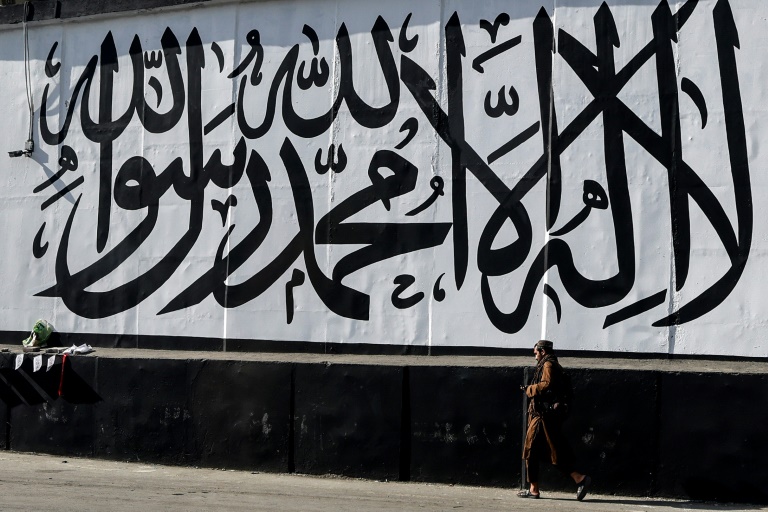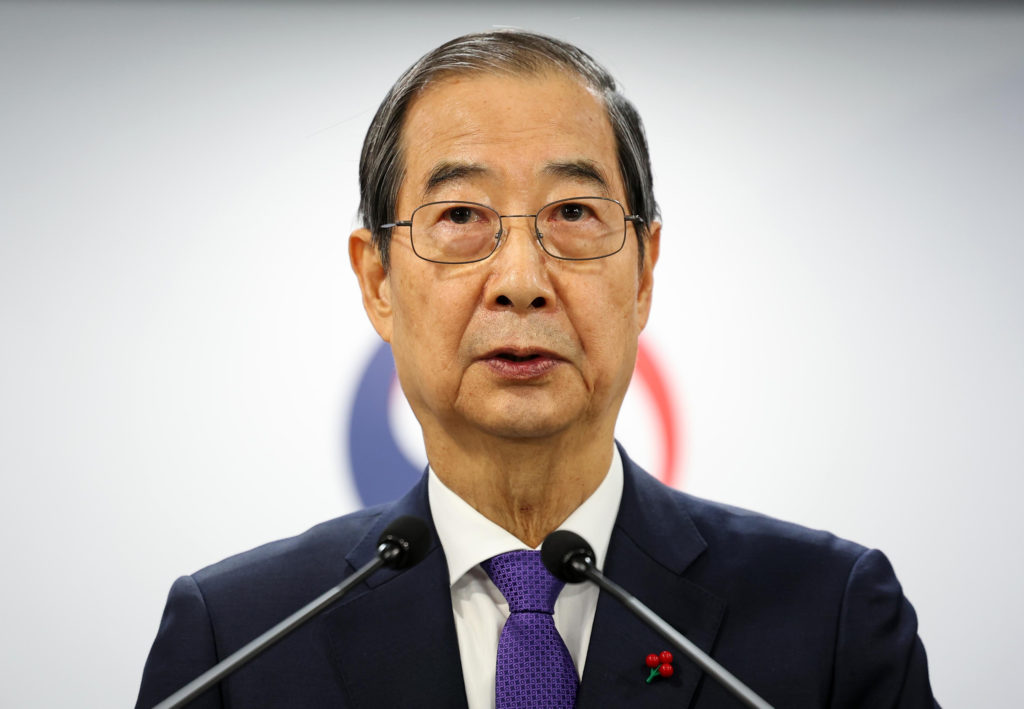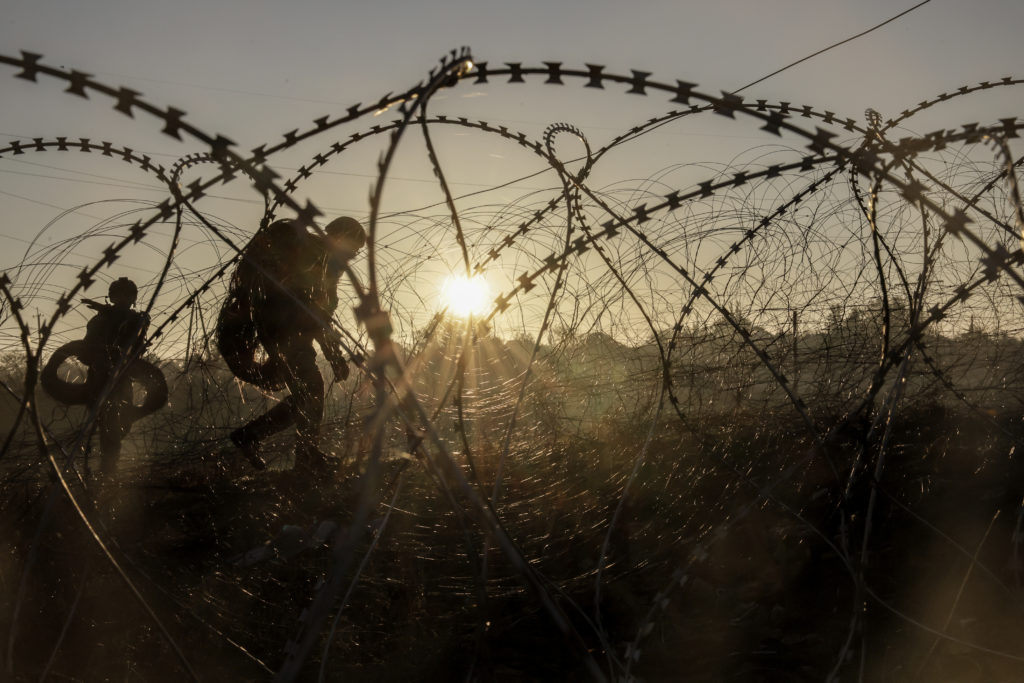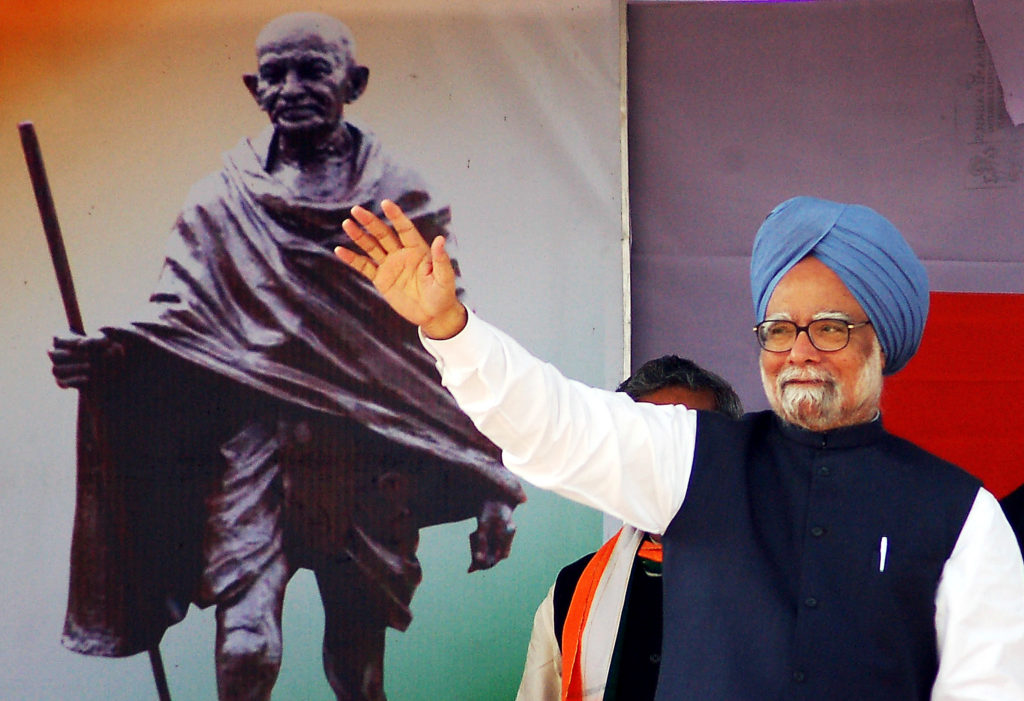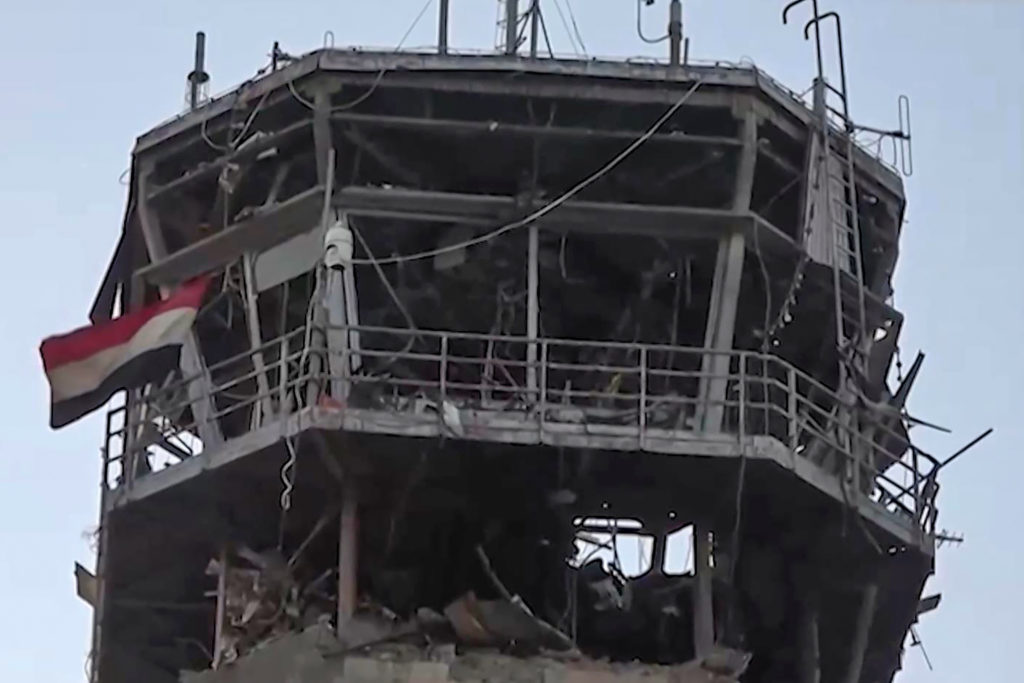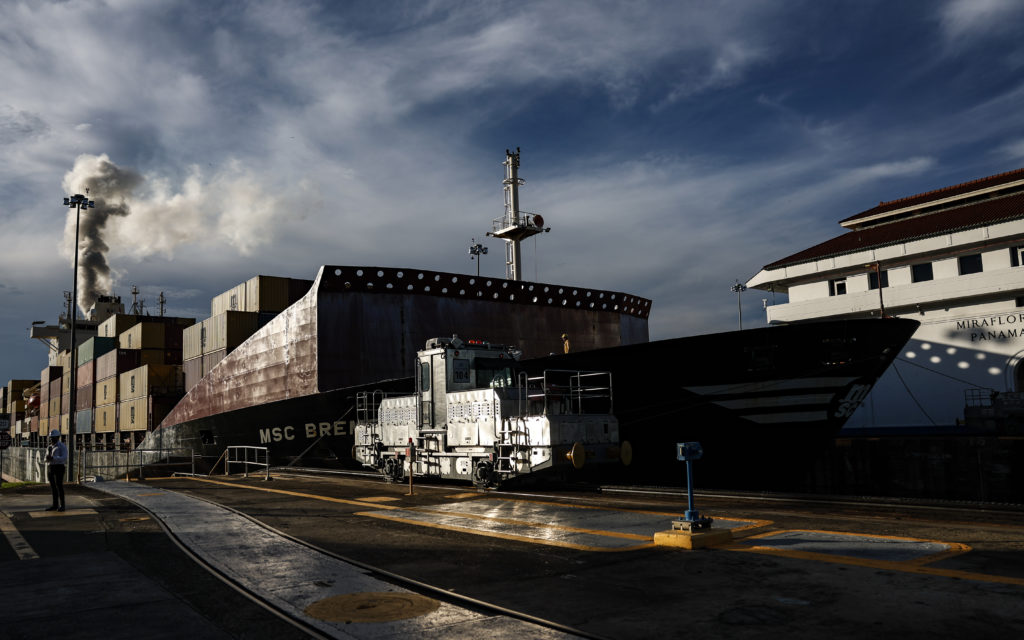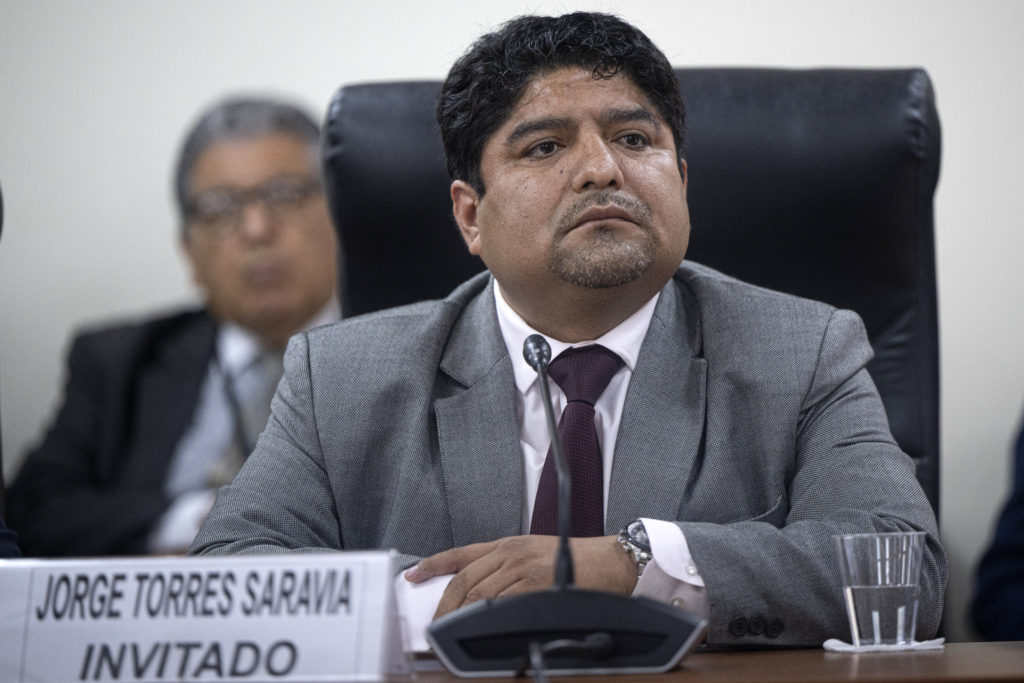Afghanistan’s central bank said Wednesday that the Taliban had seized more than $12 million in cash and gold from the homes of former government officials, as a financial crunch threatens the Islamists’ rule one month after they took back power.
Most government employees have yet to return to work — and in many cases salaries had already not been paid for months — leaving millions scrambling to make ends meet.
Even those with money in the bank are struggling, as branches limit withdrawals to the equivalent of $200 a week — with customers having to queue for hours.
And while remittances have resumed from abroad, customers awaiting funds at international chains such as Western Union and MoneyGram complained Wednesday that branches they visited had run out of cash.
The bank has called on all transactions in the aid-dependent country to be made in local currency.
“All Afghans in the government and non-governmental organisations are asked to use Afghani in their contracts and economic transactions,” the central bank said Wednesday.
The bank later issued another statement saying Taliban fighters handed over $12.3 million in cash and gold seized from the homes of officials from the former government — a large part discovered at the home of former vice president Amrullah Saleh.
“The money recovered came from high-ranking officials… and a number of national security agencies who kept cash and gold in their homes,” the bank said.
“It is, however, still not known for what purpose they were kept.”
– Thanking donors –
Abdul Rahim, a demobbed soldier in the former Afghan army, travelled nearly 1,000 kilometres (600 miles) from Faryab to the capital to try and collect his backpay.
“The branches of the banks are closed in the provinces,” he told AFP Wednesday, “and in Kabul, thousands of people queue to get their money out.”
“I have been going to the bank for the past three days but in vain.”
The Taliban on Tuesday thanked the world after a donor conference in Geneva pledged $1.2 billion in aid for Afghanistan, but the country’s needs are immediate.
Donor nations, however, want conditions attached to their contributions and are loath to support a regime with as bloody a reputation as the Taliban.
The hardline Islamists have promised a milder form of rule compared to their first stint in power from 1996 to 2001, but have moved swiftly to crush dissent — including firing in the air to disperse recent protests by women calling for the right to work.
Still, UN chief Antonio Guterres said this week he believed aid could be used as leverage with the Islamist hardliners to exact improvements on human rights.
“It is very important to engage with the Taliban at the present moment,” he said.
On Wednesday, players from the Afghan national girls’ football team arrived in Pakistan with their coaches and families, fearing a crackdown on sports.
While Iran became the latest country to resume commercial flights to Afghanistan, days after Pakistan relaunched a service between Islamabad and Kabul.
– Job satisfaction –
One month into their second rule, some Afghans are conceding there have been some improvements in their lives — not least security in the capital, which for years was plagued by deadly suicide bomb attacks and targeted assassinations blamed largely on the Taliban.
“Currently the situation of the country is good, there is no war,” said Mohammad Ashraf.
Laalagha, a street vendor, said he was no longer being shaken down by corrupt police officers — although he had switched to selling fruit as no one could afford to buy flowers.
“I am really satisfied with my new job. In the past the situation was like this… a policeman would come and puncture the stall’s tyre and he would beat you.
“Now no one is disturbing or creating problems.”
But at least half the population face the possibility of not having employment as the Taliban grapple with how to deal with women in the workforce.
“The Taliban have told us to stay home,” said one woman who worked in the telecoms ministry of the old regime.
“There is security, but if there is no food soon the situation will change.”
The Taliban named an interim government last week and acting ministers have been holding press conferences spelling out policies that range from how women should dress at university to what sports can be played.
But they have been light on details of how the country will be run and when they will get the civil service functioning again.
“I am just happy they didn’t kill me yet,” said Abdul Rahim, the ex-soldier who served with the old army’s 209th corps until surrendering just days before Kabul fell on August 15.
“If they revive the army I will join as a soldier again, but if not, I will have to find another job.”

